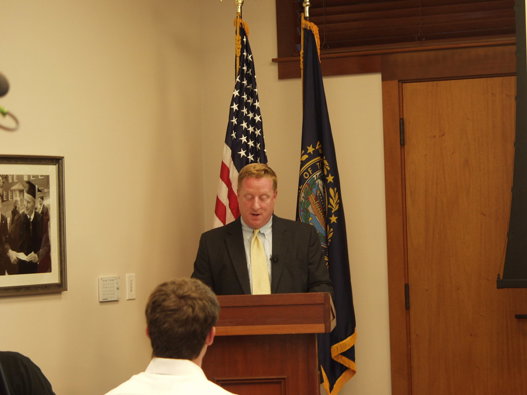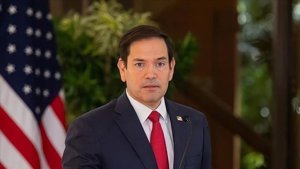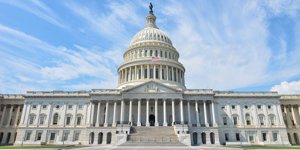
Judge Blocks Trump Birthright Citizenship Ban
Federal judge halts Trump’s executive order ending birthright citizenship for infants, citing constitutional harm.
Federal Court Blocks Enforcement of Executive Order
A federal judge in New Hampshire has issued a nationwide injunction blocking President Donald Trump’s executive order that would have ended birthright citizenship for all infants, marking a pivotal moment in the ongoing debate over U.S. immigration policy. The decision came Thursday as U.S. District Judge Joseph LaPlante granted class certification status to all infants impacted by the order, narrowing the scope from parents to children only.
Judge LaPlante announced he would release a written opinion further explaining the decision, but emphasized that stripping citizenship as guaranteed by the 14th Amendment and abrupt changes to longstanding policy would result in “irreparable harm.” The injunction prevents the Justice Department from enforcing the new rule, which was set to take effect as early as July 27.
Legal Challenge Centers on Constitutional Rights
The executive order, signed by President Trump on the first day of his second term, directed all U.S. agencies to deny citizenship documents to children born to undocumented immigrants or to those without at least one American citizen or lawful permanent resident parent. The move drew immediate legal challenges from more than 22 states and immigrant advocacy organizations, who argued that the order was both “unconstitutional” and a threat to more than a century of established legal precedent.
The policy was quickly blocked by lower courts, but the Trump administration appealed, sending the case to the Supreme Court. In late June, the high court ruled 6-3 that plaintiffs seeking nationwide relief must proceed through class action lawsuits, limiting the authority of lower courts to issue universal injunctions. However, the Supreme Court did not rule on the underlying legality of the birthright citizenship ban, focusing instead on procedural authority.
Despite this, Justice Department officials indicated last week they planned to begin enforcing Trump’s order after a 30-day stay, showing intent to move quickly should the courts permit. The Department also began preparing public guidance for implementing the new policy.
National Implications and Uncertain Future
Advocates for immigrants’ rights have warned that the order could have “catastrophic” consequences for thousands of children and families. The judge’s ruling on Thursday provides immediate, though potentially temporary, relief as the case is almost certain to be appealed by the administration. The outcome will shape not only the future of birthright citizenship in the United States, but also the boundaries of executive and judicial authority over immigration policy.
As legal proceedings continue, both supporters and opponents of the order are preparing for further battles in federal courts, keeping the spotlight on one of the nation’s most fiercely contested constitutional questions.






